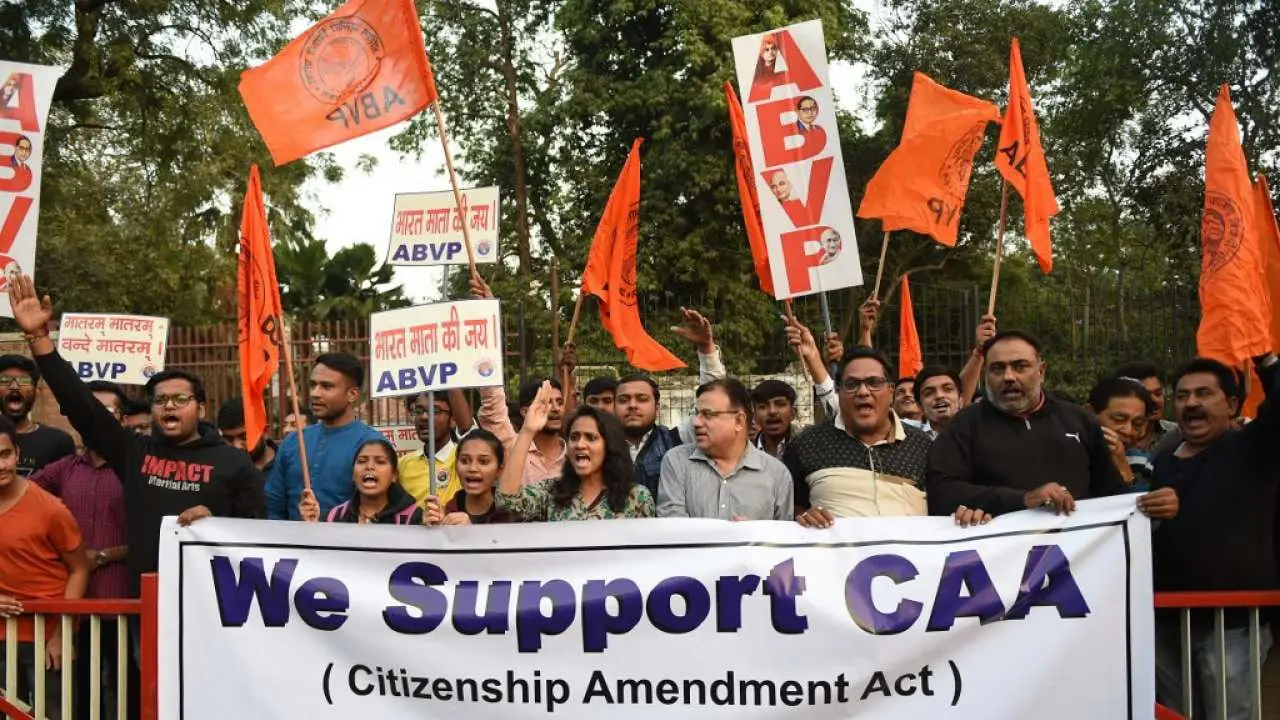The Indian government implemented the CAA (Citizenship Amendment Law) on Monday, passed in 2019. The government said there was a delay in implementing this act due to the COVID-19 pandemic. This act will allow refugees who came to India before 31 December 2024 to take shelter from the neighboring countries of Afghanistan, Bangladesh, and Pakistan to get Indian citizenship.
CAA – Citizenship Amendment Act

Read Also: High Alert in Mumbai as China-Pakistan Cargo Ship Seized with Nuclear Consignment
The government has highlighted the key issues that this CAA act will solve. According to government sources, this citizenship law will remove the legal barriers to rehabilitation and citizenship and provide a dignified life to refugees who have suffered for decades.
The government further asserted that this citizenship law will protect the refugees’ linguistic, cultural, and social identity and ensure their economic, free movement, commercial, and property purchase rights. The act also ensures that it will not take the citizenship of any Indian, irrespective of any religion, because the act is only for those who do not have any shelter in the world other than India and have suffered persecution for years.
However, Congress and the opposite parties oppose this new law, saying that the Citizenship Amendment Act was introduced just days before the elections and is meant to polarise the Lok Sabha polls, especially in Assam and West Bengal.
However, this CAA act will only aim to expedite the acquisition of Indian citizenship for Hindus, Sikhs, Jains, Buddhists, Parsis, and Christians, but not Muslims.
Many people have come to the streets to protest against the implementation of this act, including Delhi, where we have already seen months-long anti-CAA protests in 2019-20, where Jamia Millia Islamia and Shaheen Bagh have become the epic centers of this protest.
To get more out of our exclusive news, Join us on our WhatsApp Channel, Facebook, and Instagram.















